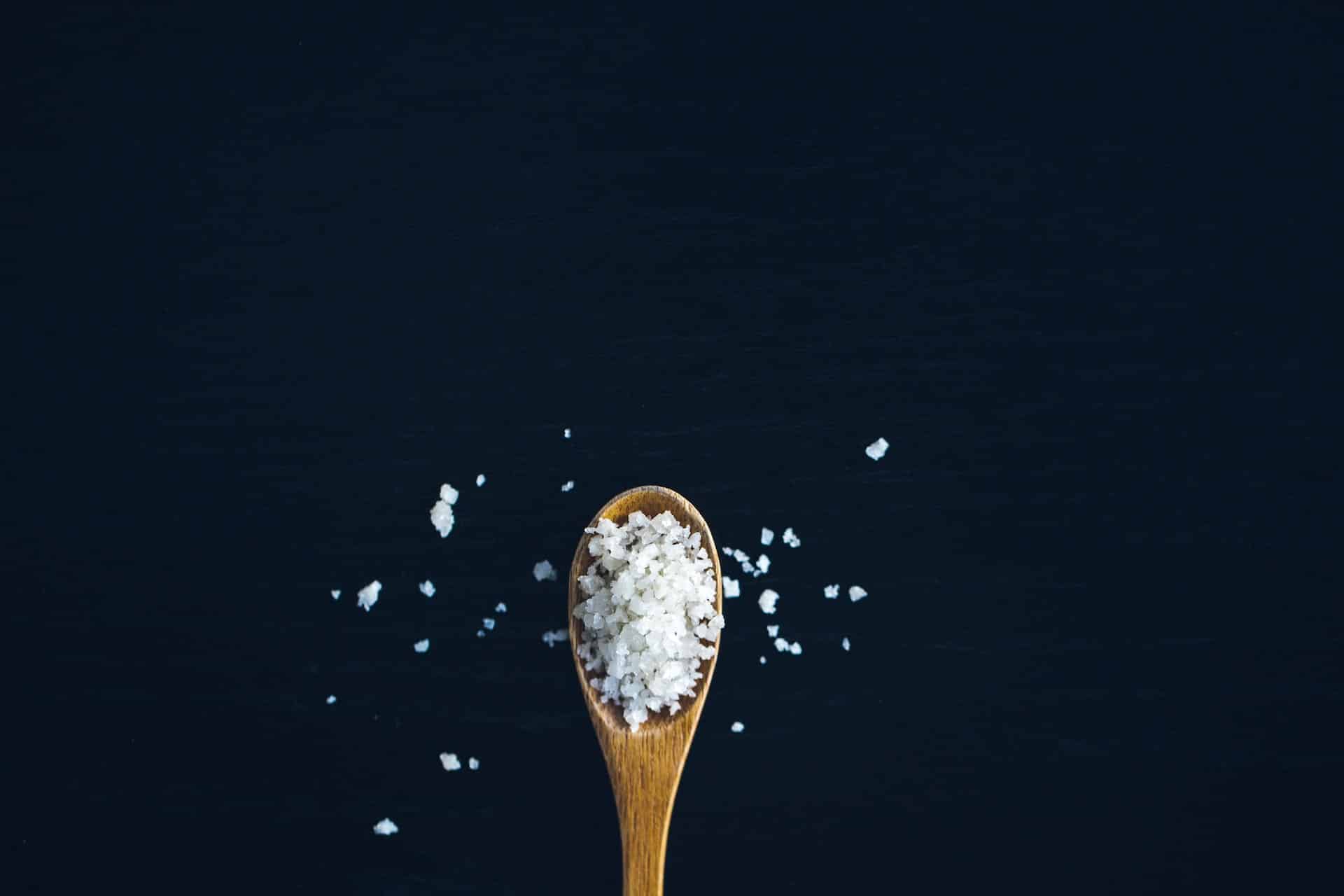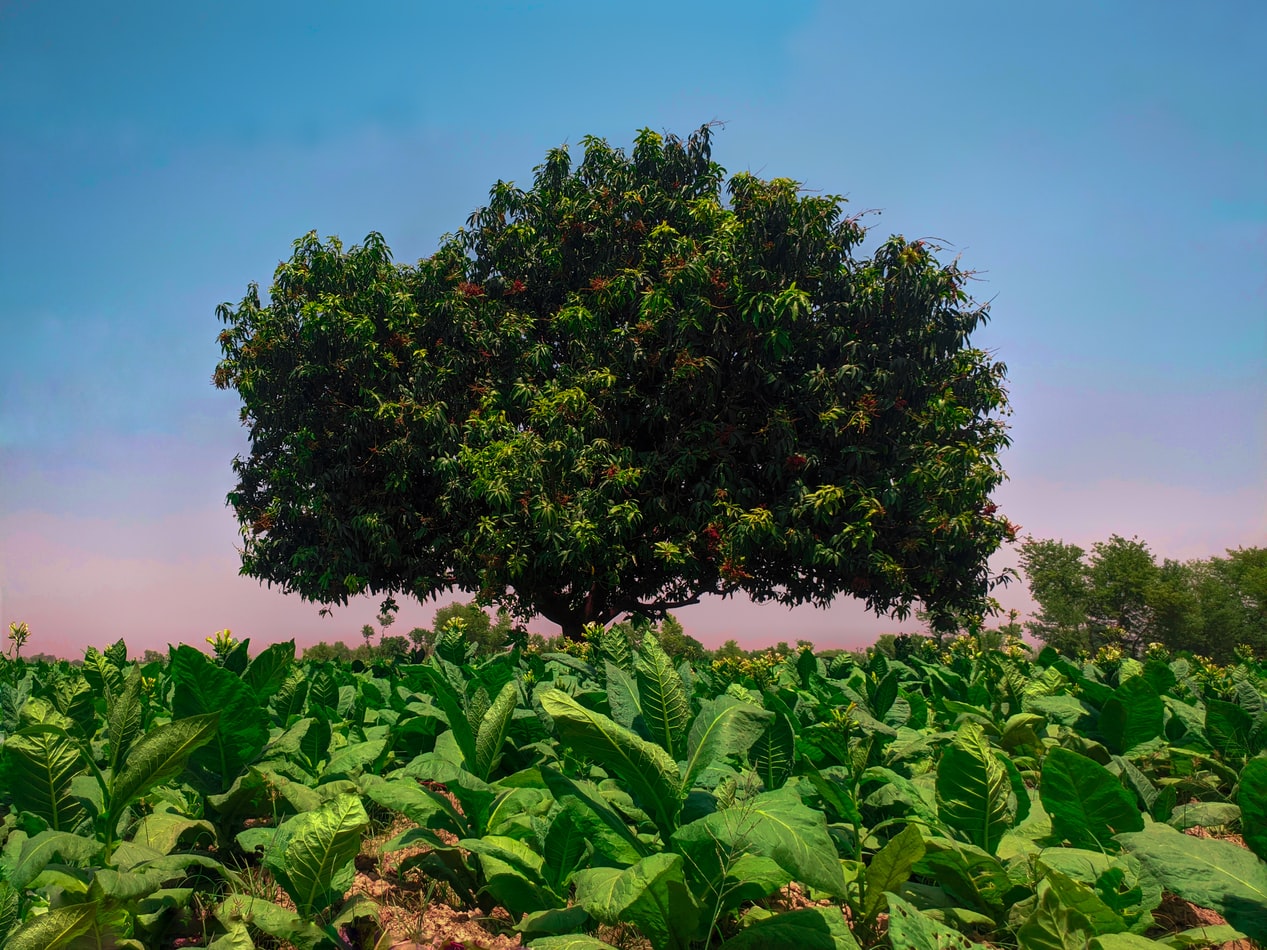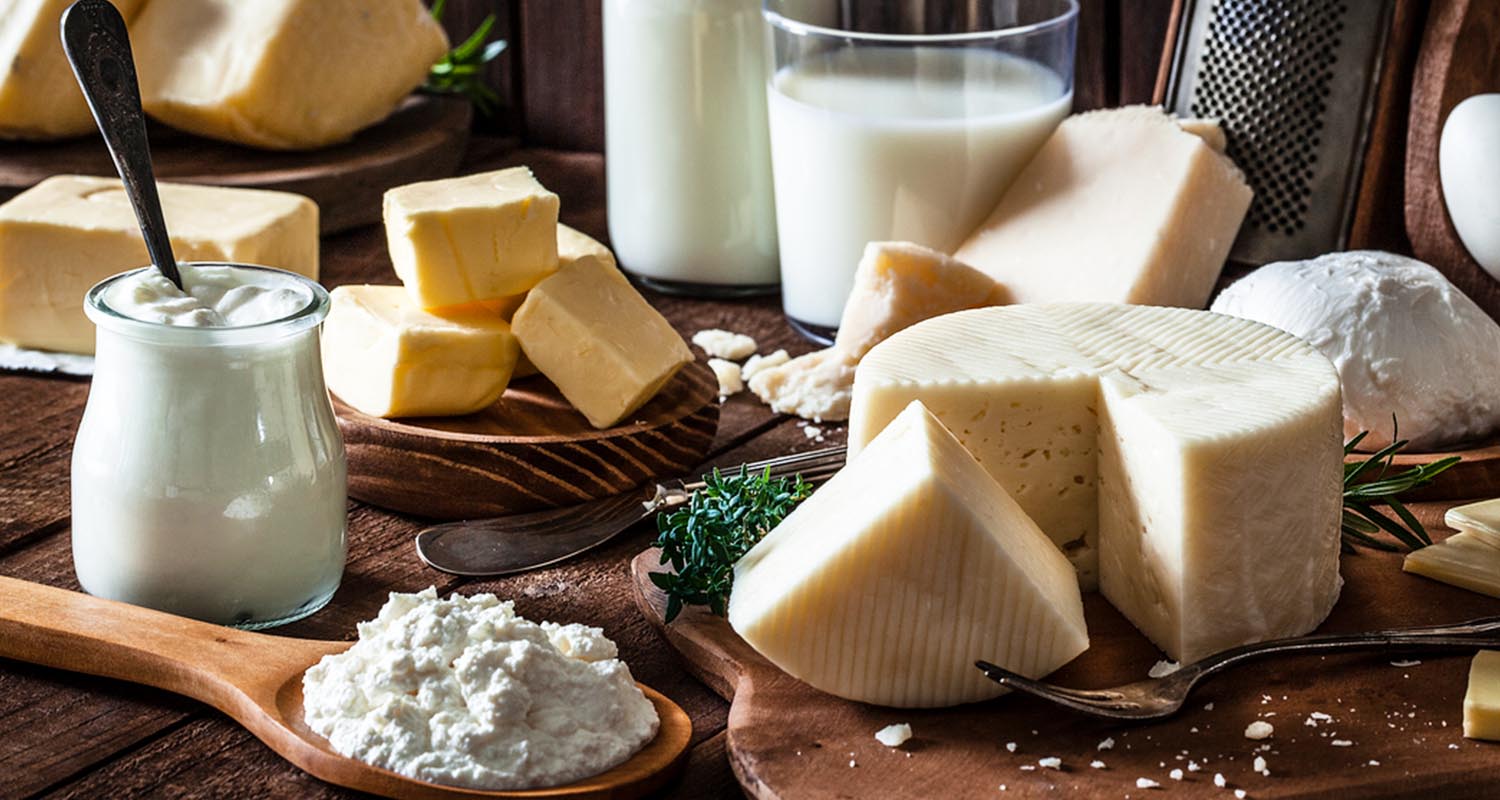
[tldr]
- Food is linked to flatulence. Certain foods allow different bacteria to thrive, which each impact your gas composition.
- Some of these bacteria are more potent gas makers than others. The trouble comes when the bacteria in your gut go into fermenting overdrive.
- To combat gas, try eliminating the following gas-causing foods from your diet. [/tldr]
Everyone gets gas, and several foods can trigger it. From the classic “pull my finger,” to the famed flatulist of Moulin Rouge, flatulence is an undeniable part of the human experience. While anyone can giggle at a fart joke, no one likes to be the butt end of the situation.
Jokes aside, excessive gas can be embarrassing, frustrating, or even a sign of deeper health issues. Uncontrolled wind or painful bloating often boils down to simple dietary triggers, and understanding how your body reacts to food-causing gas is key to overcoming an uncomfortable gut.
Quit blaming the dog, and keep this useful guide handy to navigate the foods that cause gas. Plus, learn what to eat instead, and how to clear the air with gas-eliminating hacks.
[readmore title=”See the list”]
What causes gas?
While flatulence gets a bad rep, not all gas is bad gas: The average healthy person passes gas around 14 times a day, most of it unnoticed.[ref url=”https://www.merckmanuals.com/professional/gastrointestinal-disorders/symptoms-of-gi-disorders/gas-related-complaints”] Some gas comes from the air you swallow through carbonated drinks, chewing gum, or eating too fast. Bacteria in your gut also naturally create gas as they digest foods. Since these healthy farts are mostly made of the same odorless gases in our air, you aren’t emptying rooms on the daily.
Most farts are inconvenient at worst, but the trouble comes when the bacteria in your gut go into fermenting overdrive. Intestinal gas is caused when undigested fermentable particles reach the bacteria in your lower intestines.[ref url=”https://journals.lww.com/joem/Citation/1981/05000/Intestinal_Gas_Production_Recent_Ad_vances_in.21.aspx”] Some of these bacteria are more potent gas makers than others, breaking down certain complex carbohydrates and sugars with often-odiferous results.
The real offenders are bacteria that form sulfur-containing gases such as hydrogen sulfide, methanethiol, and dimethyl sulfide. In patients experiencing bloating or excessive gas, scientists isolated certain bacteria such as B. wadsworthia as the cause particularly pungent sulfurous gases.[ref url=”http://www.gutmicrobiotaforhealth.com/en/researchers-identify-the-bacteria-responsible-for-the-discomfort-caused-by-abdominal-gases/”] While these gases make up very little of the volume of a fart, your nose is extremely sensitive.[ref url=”https://www.ncbi.nlm.nih.gov/pubmed/9771412″][ref url=”https://www.sciencedirect.com/science/article/pii/S1570023209003559″]
Food and gas: what’s the connection?
What comes in must go out, so it’s no surprise that food is linked to flatulence. Certain foods allow different bacteria to thrive, which each impact your gas composition. While some foods just undeniably cause gas, you can also trigger problems by switching your diet up too fast for your microbiota to adjust. When faced with foods that cause gas, more sensitive people see rapid swings in their microbiota populations, while others are able to maintain a more stable diversity.[ref url=”https://www.ncbi.nlm.nih.gov/pubmed/23766444″] This explains why you may experience gas after surprising your body with an exotic lunch, or an unusually fiber-heavy meal.
FODMAPS and gas
Certain carbohydrates famous for promoting gas fall into the category of FODMAPs: fermentable oligosaccharides, disaccharides, monosaccharides and polyols. These sometimes-poorly-tolerated carbohydrates resist breakdown in the upper GI tract, and end up fueling the bad bacteria in your lower gut. Lactose, fructose and sugar alcohols are examples of FODMAPs, as well as raffinose and stachyose, the culprits behind bean farts.
Multiple studies show that reducing FODMAP consumption significantly reduces bloating and flatulence in people with gas-related complaints.[ref url=”https://www.ncbi.nlm.nih.gov/pubmed/25982757″][ref url=”https://www.ncbi.nlm.nih.gov/pubmed/24548289″] Many people see improvements from cutting out specific FODMAP carbohydrates that their bodies cannot properly digest, such as lactose or fructose.[ref url=”https://www.ncbi.nlm.nih.gov/pubmed/16410032″][ref url=”https://www.ncbi.nlm.nih.gov/pubmed/25919770″]
A low-FODMAP diet also relieves gas and abdominal symptoms in patients with irritable bowel syndrome (IBS).[ref url=”https://www.ncbi.nlm.nih.gov/pmc/articles/PMC3966170/”][ref url=”https://www.ncbi.nlm.nih.gov/pubmed/24076059″] People managing other gastrointestinal diseases such as leaky gut syndrome, Crohn’s, celiac disease, or small intestinal overgrowth (SIBO) may be more susceptible to excessive or painful gas caused by fermentables. Just as your gut bacteria influence your mind and mood, high mental stress can also worsen digestive problems that cause gas.[ref url=”https://www.ncbi.nlm.nih.gov/pubmed/21536124″]
Foods that cause gas, ranked
Some foods have earned their foul reputation in the fart hall of fame. To combat gas, try eliminating the following gas-causing foods from your diet to see which foods may be sabotaging your digestion.
Dairy
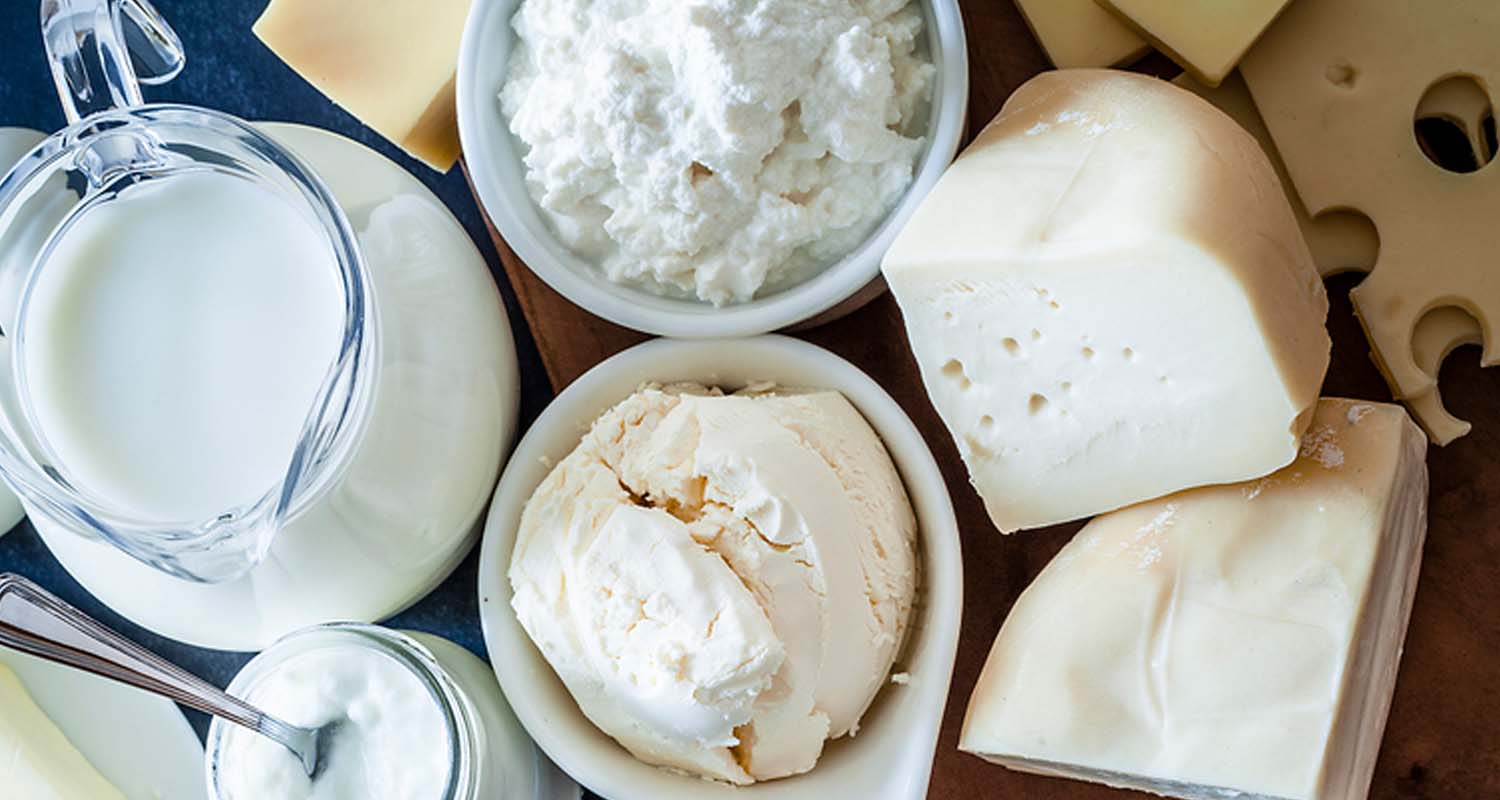
Beans and legumes
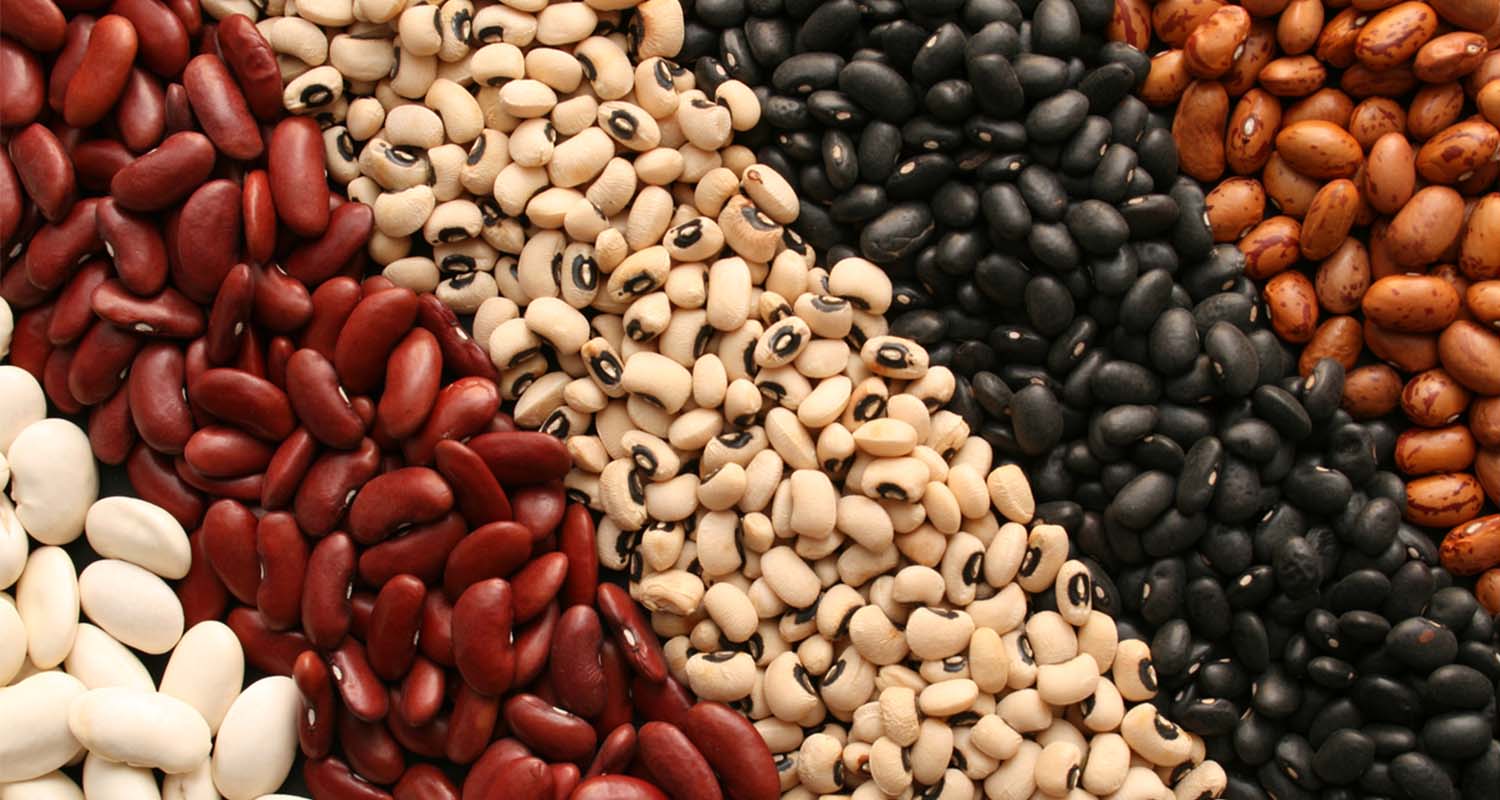
For a Bulletproof and flatulence-free protein source, stick to clean animal proteins, like wild salmon and grass-fed meat.
Cruciferous vegetables
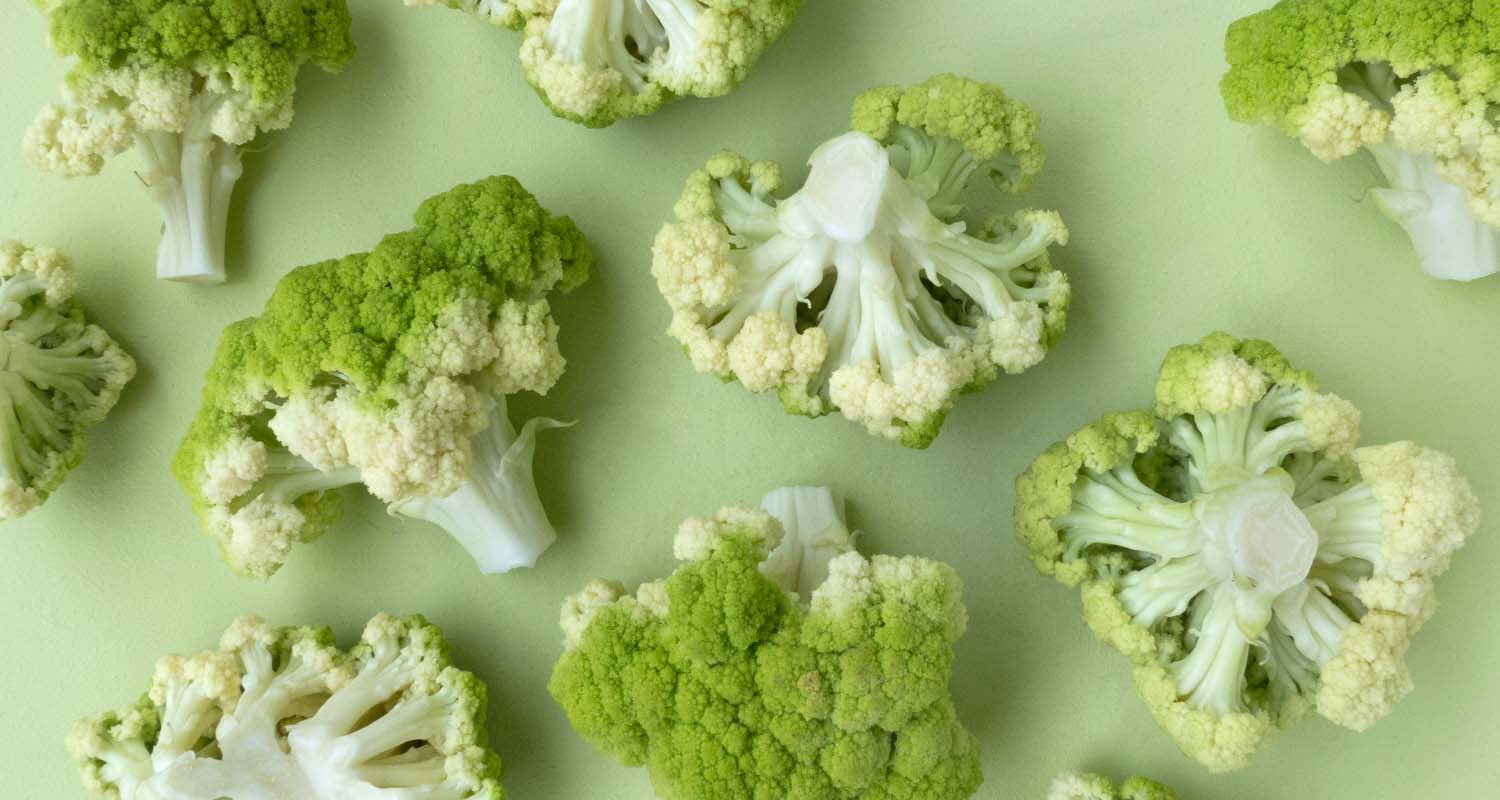
While you may be tempted to cut out crucifers to avoid these sulfurous consequences, they might be worth the smell: sulforaphane is highly promising in cancer-prevention.[ref url=”https://www.ncbi.nlm.nih.gov/pmc/articles/PMC4789124/”] Avoid eating these veggies raw, as cooking, fermenting or steaming can help break down their tough fibers for easier digestion, and don’t overwhelm your gut with too much at once.
High-fructose fruits
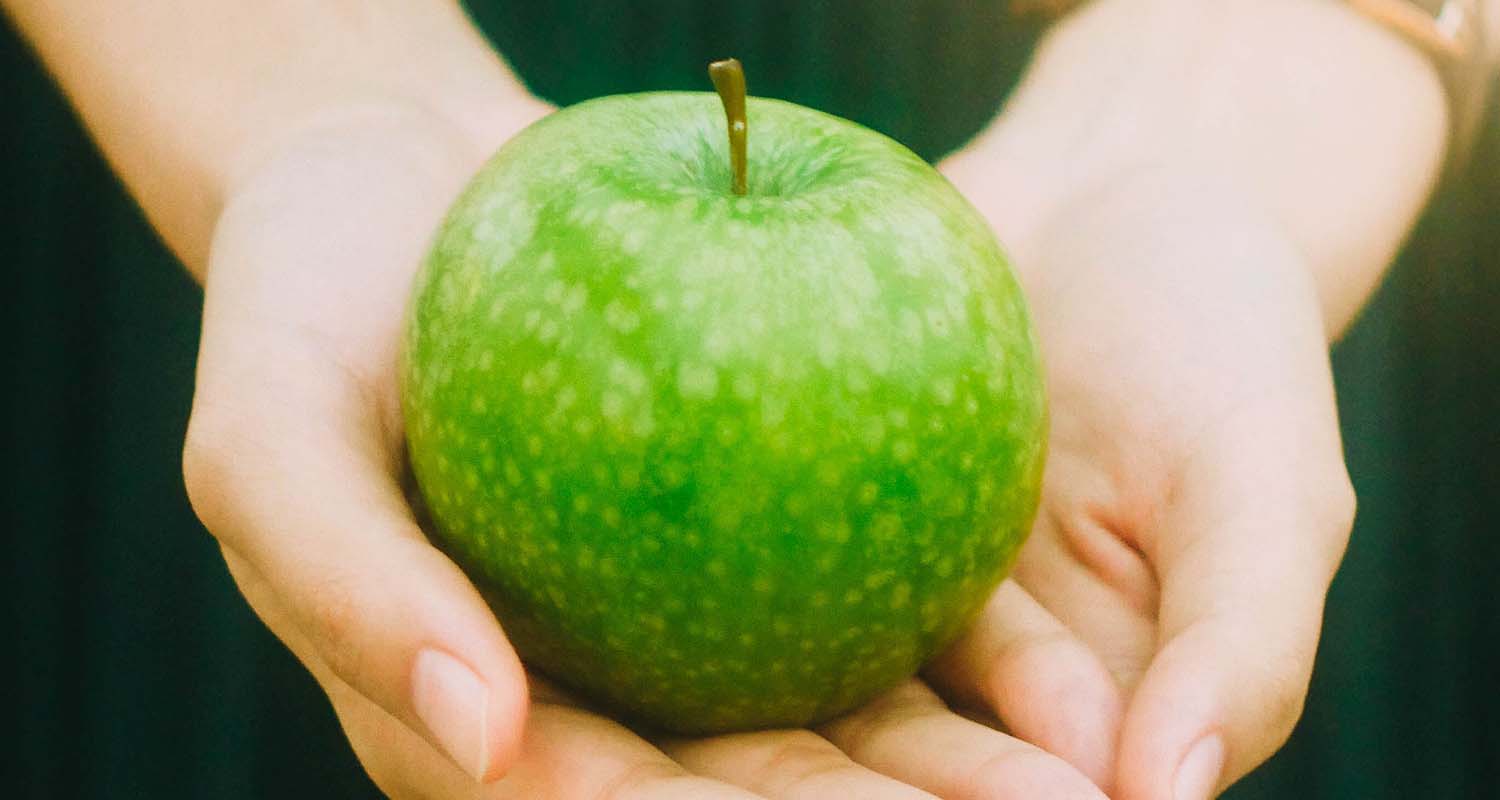
Read more: The Harmful Effects of Fructose
Sugar alcohols
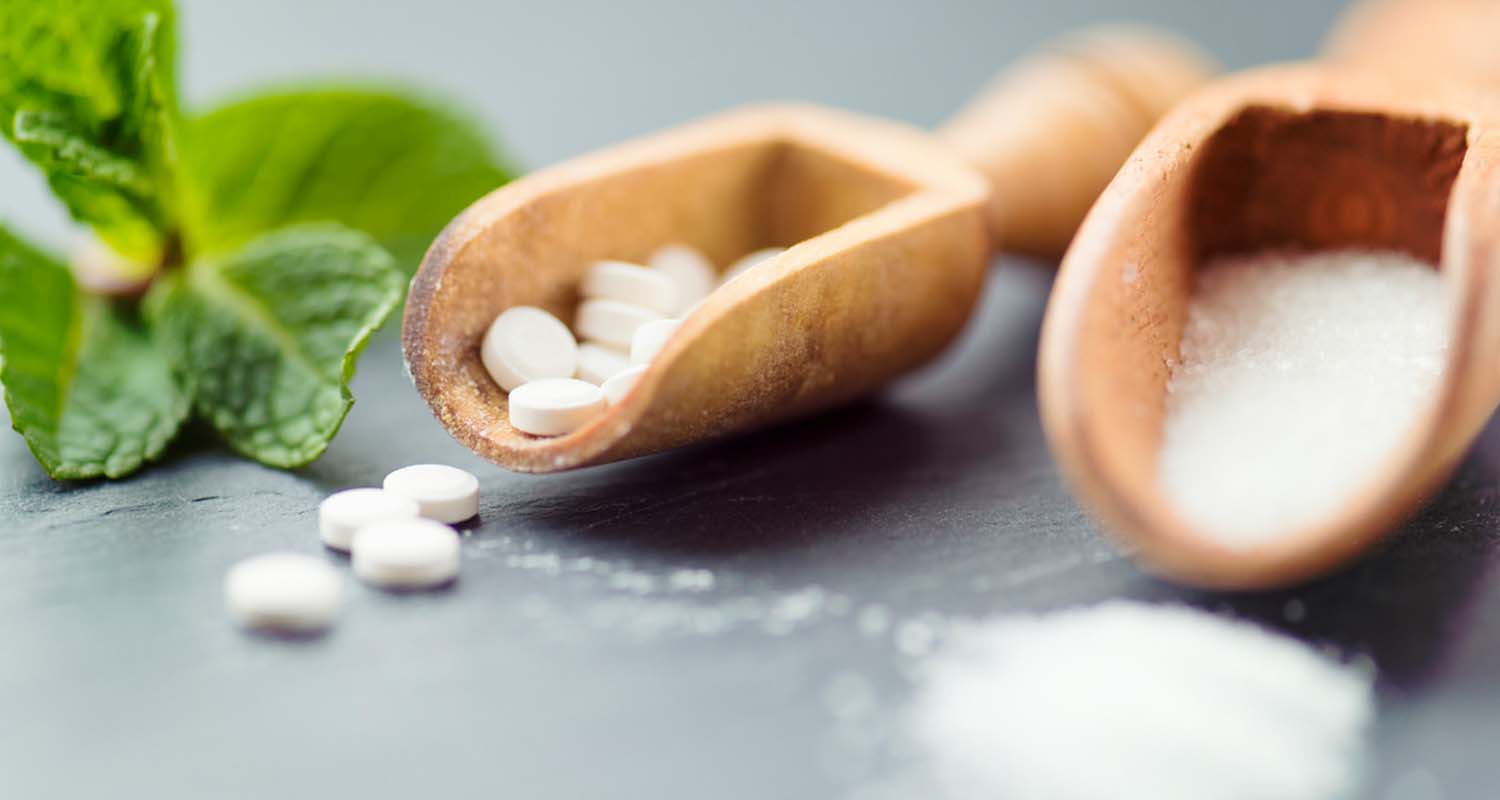
Garlic and onions
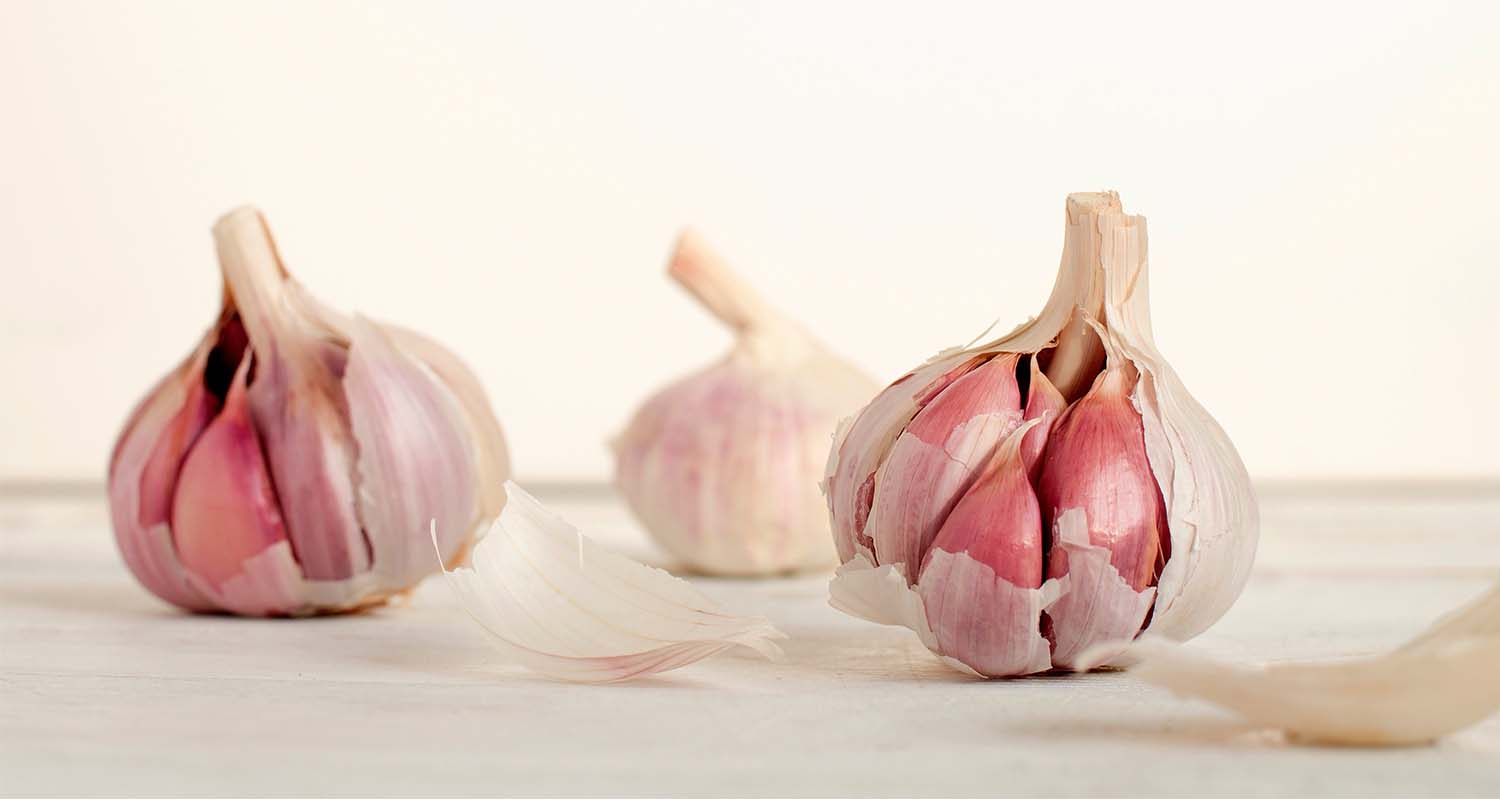
Grains
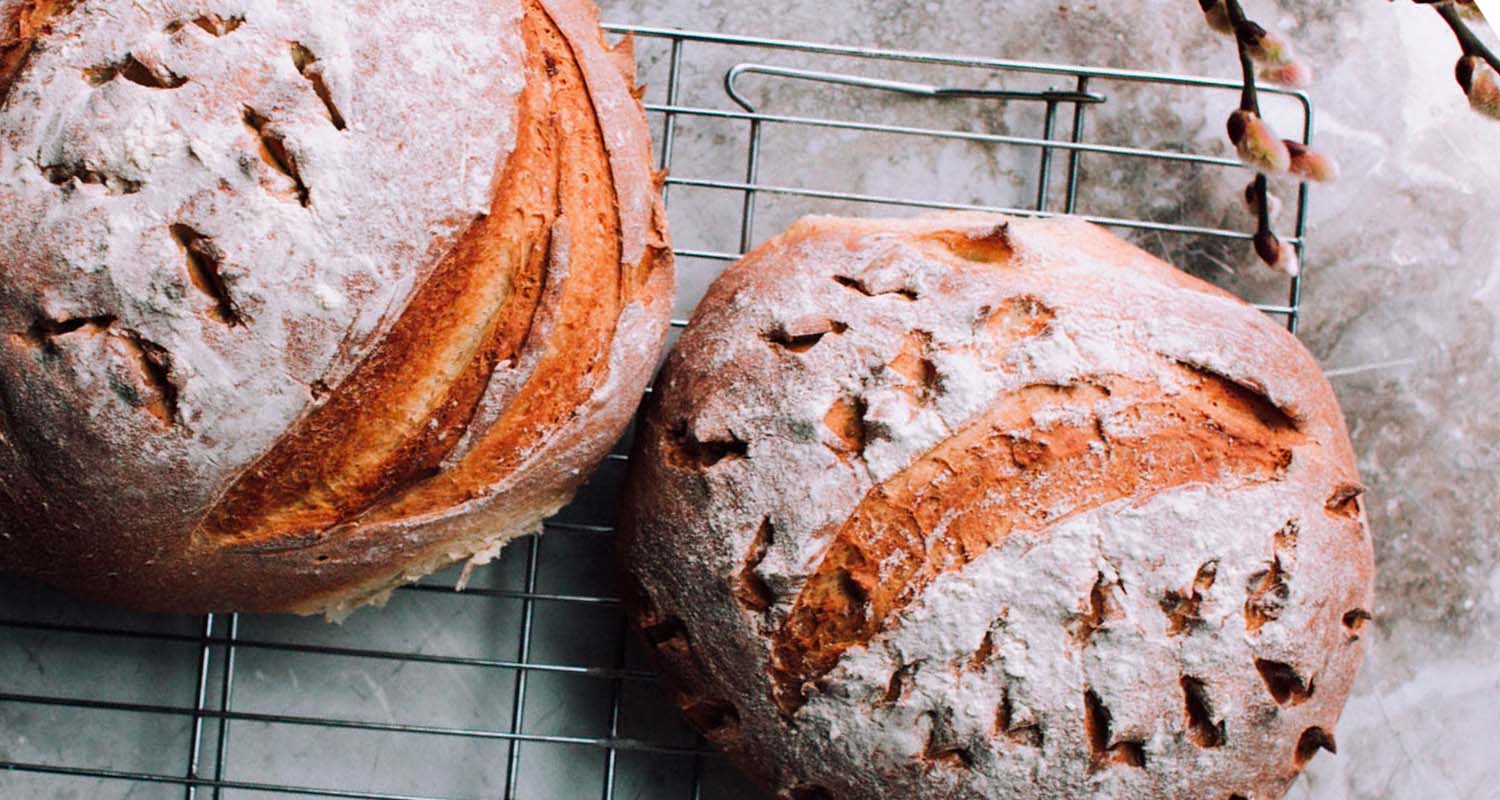
Quick tips to hack your gas
- Keep a food journal: Each body is different. Jot down what you eat to help narrow down what foods do or don’t digest well.
- Try an elimination diet: Eliminate the foods in the section above for two weeks, then gradually re-introduce them to see if your symptoms return. Your food journal will help pinpoint the culprit.
- Use activated charcoal: While charcoal won’t bind gas in your intestine, it can relieve symptoms by binding some of the guilty proteins or sugars.[ref url=”https://www.ncbi.nlm.nih.gov/pubmed/3521259″] Keep Coconut Charcoal Capsules handy for those times when you accidentally eat something you shouldn’t. Lastly, for those days when the wind won’t stop, activated charcoal underwear features fart-filtering fabrics that trap and neutralize odors.
